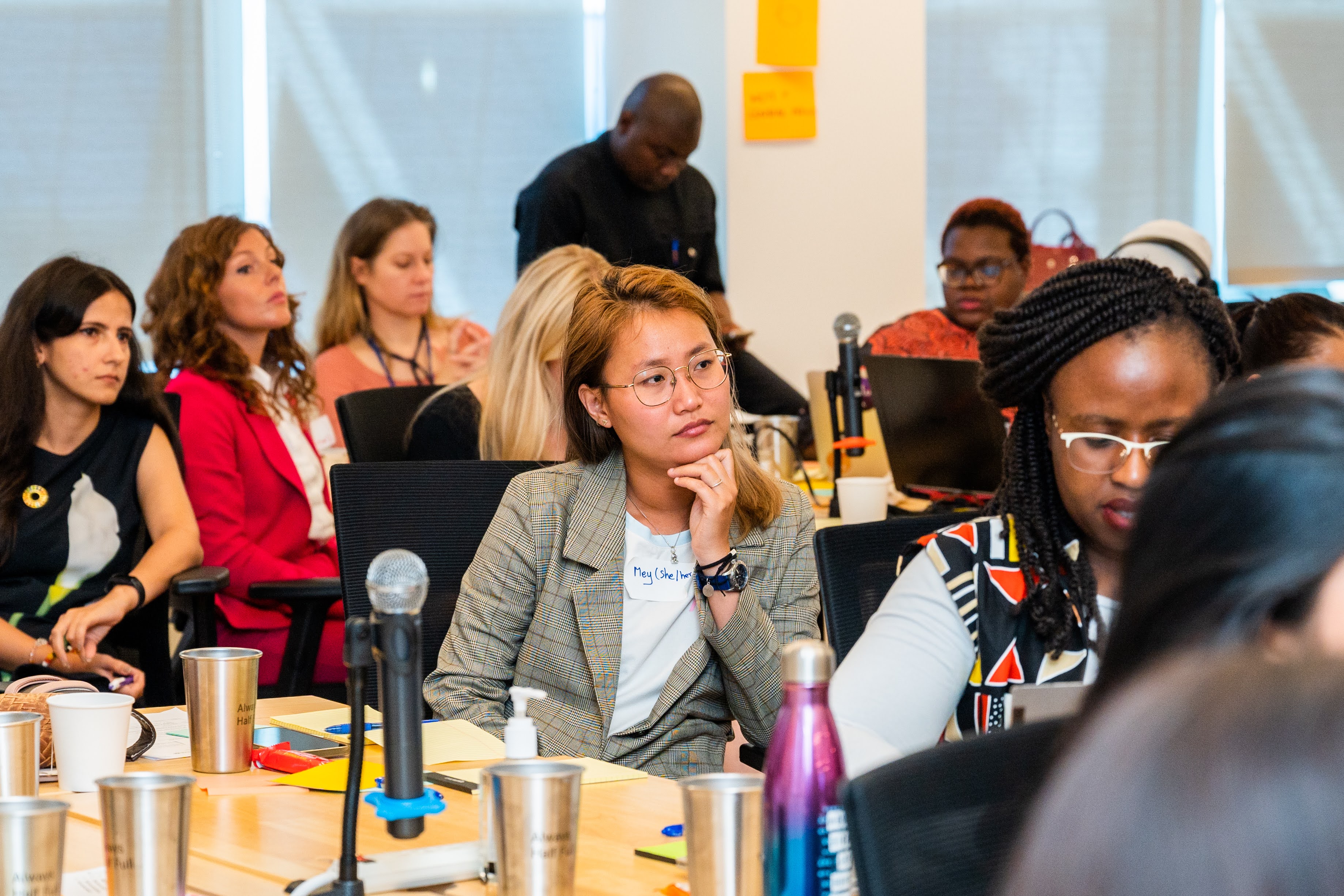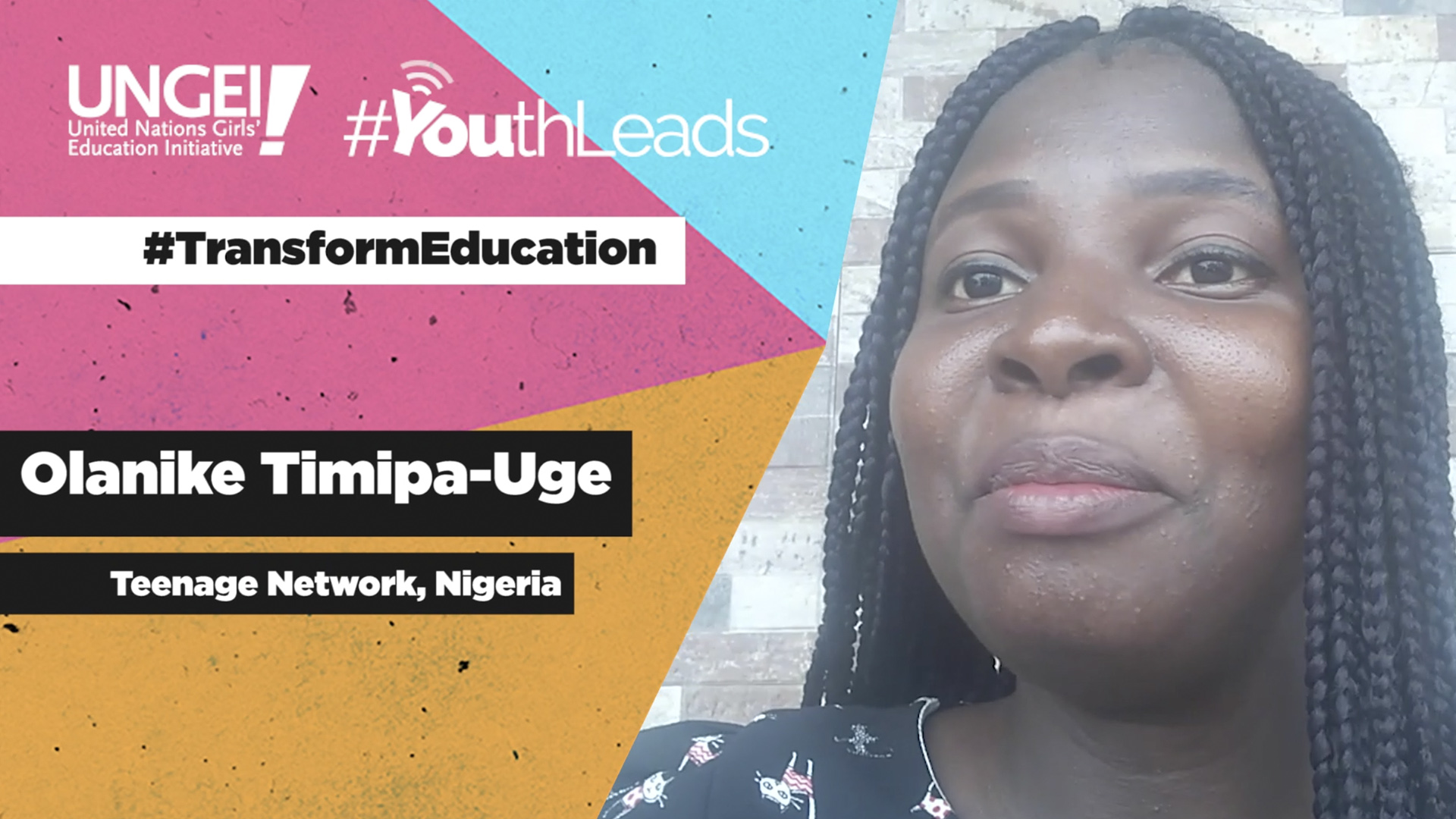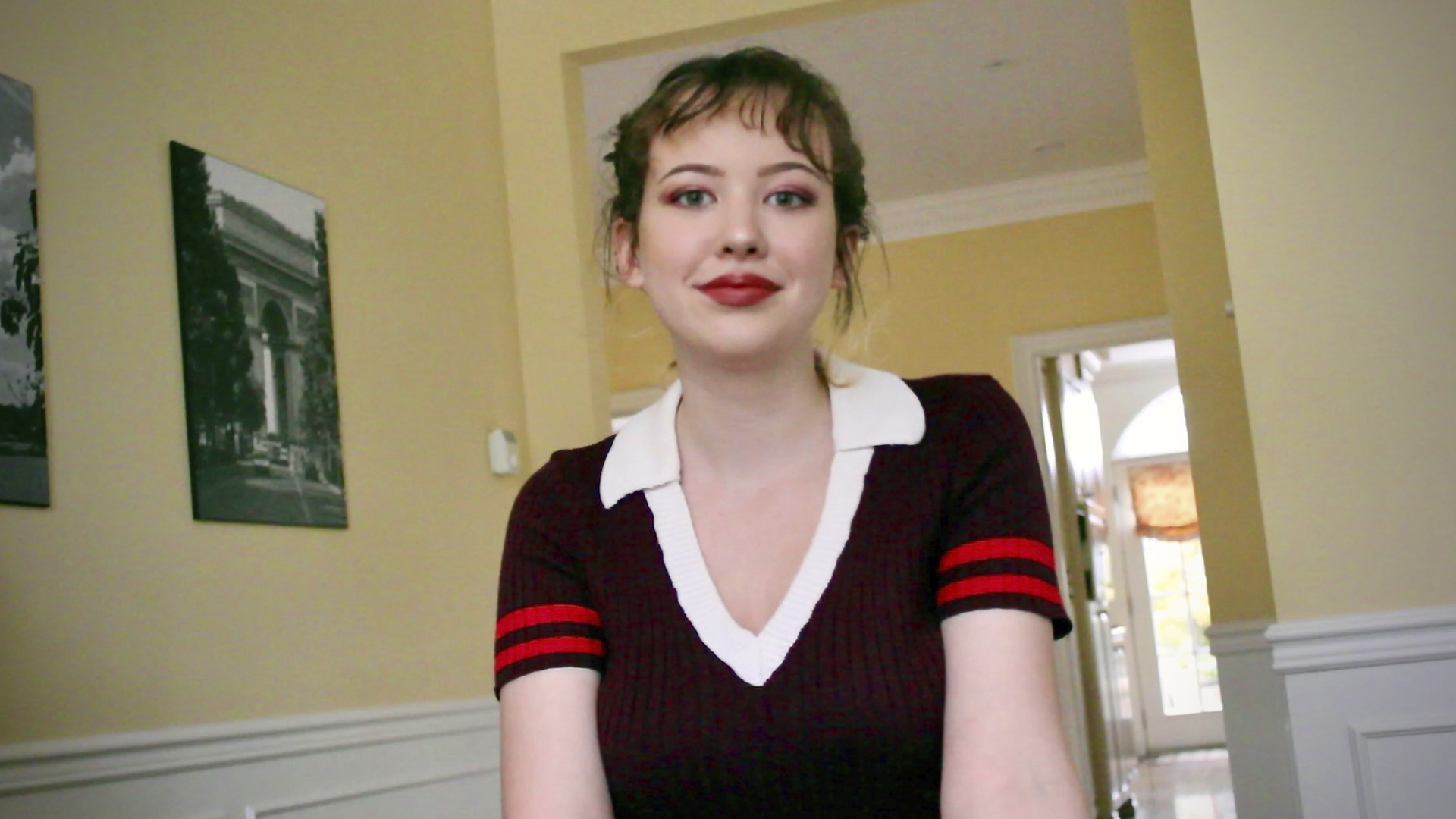As a feminist and LGBTQIA+ activist, Pride Month is a meaningful and reflective time for me. Each year, I dedicate June to deeply pondering and expanding upon the importance of this time in my life. In a previous blog post, I explored Pride as a form of resistance through celebration and healing. This year, I feel compelled to bring attention to the significance of comprehensive sexuality education (CSE) that embraces queer and trans individuals. At the same time, I am calling upon world leaders to prioritize this crucial aspect of education.
When CSE is inclusive of queer and trans people, we actively challenge and dismantle harmful gender norms, rendering them meaningless. Overlooking gender identity and sexual orientation as key topics in CSE is a grave act of negligence. Gender is implicated in every aspect of our lives, and calls for inclusive reform by LGBTQIA+ activists are often met with resistance in the form of moral panic. In my home country of Trinidad and Tobago, news coverage often prompts responses suggesting that the government should prioritize "pressing" issues like crime and poverty over the rights of queer and trans people. However, it is narrow-minded to think that the ideologies challenged by queer and trans activists are not rooted in the same systems of gender. The interconnectedness of masculinity and violence is a prime example. Boys are socialized to express themselves in aggressive and violent ways. A qualitative study on masculinity and violence in Trinidad and Tobago revealed that violence is often employed to gain acceptance and avoid becoming a target within male peer groups (Plummer and Geofroy, 2010). One participant in the study recalled engaging in fights to earn respect, colloquially referring to this as "ranking thing."
Homo/transphobic violence in the Caribbean region has deep historical and cultural roots stemming from our colonial past. Its causes and manifestations are complex and multifaceted. However, from my perspective, it can be traced back to the same socialization that scolds boys for exhibiting "feminine" traits. Homophobic violence is not innate; it is learned through harmful gender norms, which can take shape during early adolescence (Yu et al., 2017). Explicit and targeted homophobic violence, particularly among young boys, can be seen as a performance of manhood (Kimmel, 2013). Within the binary and traditional understandings of gender, being a man or a woman is predicated on compulsory heterosexuality. The schoolyard becomes a site where this dynamic is readily observed. Amongst young boys, it becomes evident that adhering to socially constructed boundaries of masculinity involves condemning and hazing those who step outside these norms.
This is where inclusive comprehensive sexuality education (CSE) can make a meaningful impact. The benefits of CSE have been extensively researched and documented. However, my focus here is not to make a case for CSE in general but to emphasize the importance of one which includes queer and trans people. When we incorporate gender and sexual identity into the curriculum, we actively dismantle harmful gender norms that perpetuate violence. Inclusive CSE empowers queer and trans individuals and fosters sustainable environments that promote positive gender norms, inclusive of diverse genders and sexualities. Moreover, in this process, we render oppressive gender norms meaningless.
In my work with Feminitt Caribbean, an organization focused on sexual and reproductive health and rights, I have collaborated closely with institutions such as the Family Planning Association of Trinidad and Tobago (FPATT) to advocate for inclusive CSE. During one of these initiatives, while reviewing existing literature in the Caribbean, we found that there were significant barriers to implementing adequate CSE in schools. Some of these included educators' discomfort in teaching certain topics, insufficient monitoring and evaluation measures, and inconsistent content delivery across the region. Additionally, the existing and closest thing to CSE here is taught under the Health and Family Life Education (HFLE) curriculum, which has its own limitations and barriers to effective facilitation. Although the current HFLE curriculum mentions gender, it does not cover this explicitly or make mention of sexual orientation.
Ideally, inclusive comprehensive sexuality education embraces queer and trans individuals and is a vital tool in dismantling harmful gender norms and promoting positive ones for the well-being of marginalized communities. By incorporating gender and sexual identity into curriculums, we challenge the socialization that perpetuates violence and discrimination. It is crucial for world leaders to prioritize and implement inclusive CSE, despite the resistance often encountered. Collaborative efforts between organizations, educators, and governments are necessary to overcome barriers and ensure standardized and effective delivery of inclusive CSE. Through this collective endeavor, we can create sustainable environments that empower and support queer and trans individuals while rendering oppressive gender norms meaningless.
References
Kimmel, Michael S. "Masculinity as homophobia: Fear, shame, and silence in the construction of gender identity." Toward a new psychology of gender. Routledge, 2013. 223-242.
Plummer, David, and Stephen Geofroy. "When bad is cool: Violence and crime as rites of passage to manhood." (2010).
Yu, C., Zuo, X., Blum, R. W., Tolman, D. L., Kågesten, A., Mmari, K., ... & Lou, C. (2017). Marching to a different drummer: A cross-cultural comparison of young adolescents who challenge gender norms. Journal of Adolescent Health, 61(4), S48-S54.
Scott Marchack is a feminist and LGBTQIA+ activist. Scott is a research officer with Feminitt Caribbean and a member of Transform Education hosted by UNGEI



 English
English العربية
العربية Български
Български Hrvatski
Hrvatski Čeština
Čeština Dansk
Dansk Nederlands
Nederlands Suomi
Suomi Français
Français Deutsch
Deutsch Ελληνικά
Ελληνικά हिन्दी
हिन्दी Italiano
Italiano Română
Română Русский
Русский Español
Español Maltese
Maltese Zulu
Zulu አማርኛ
አማርኛ